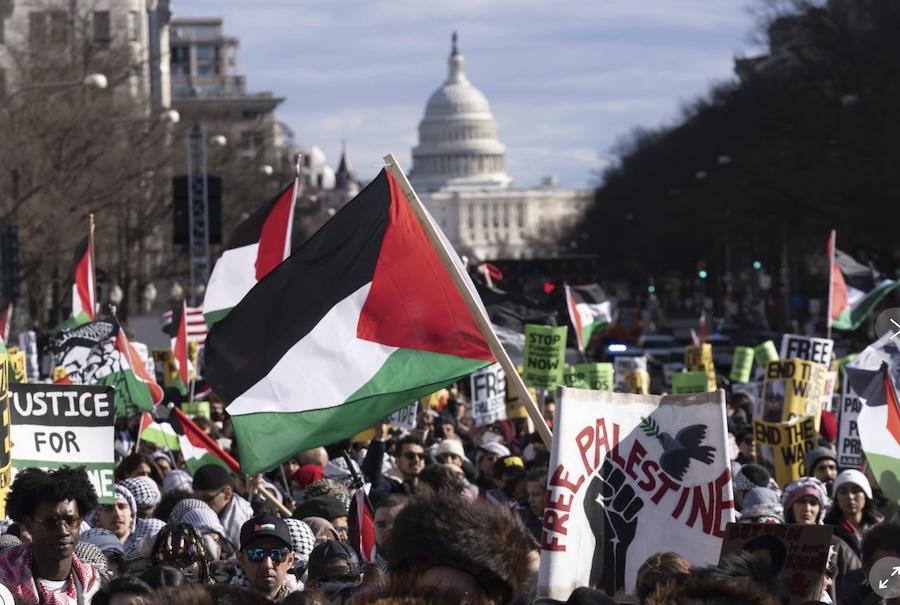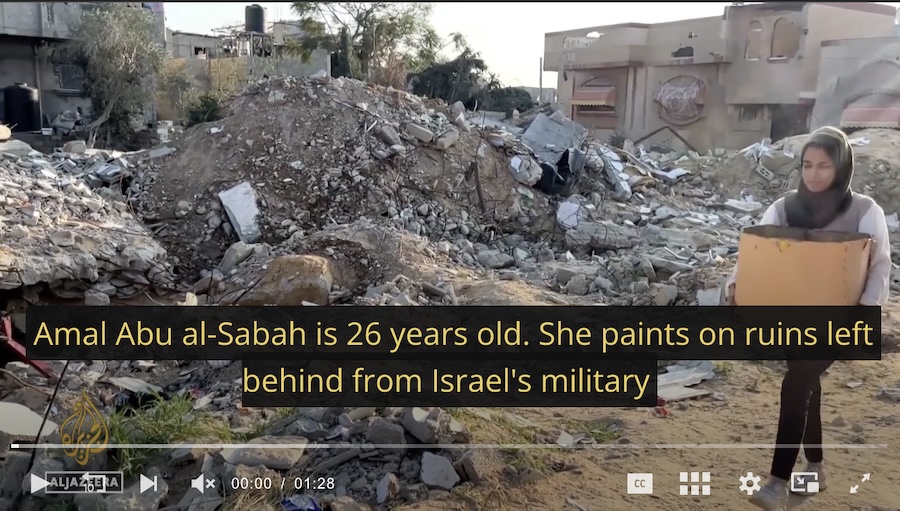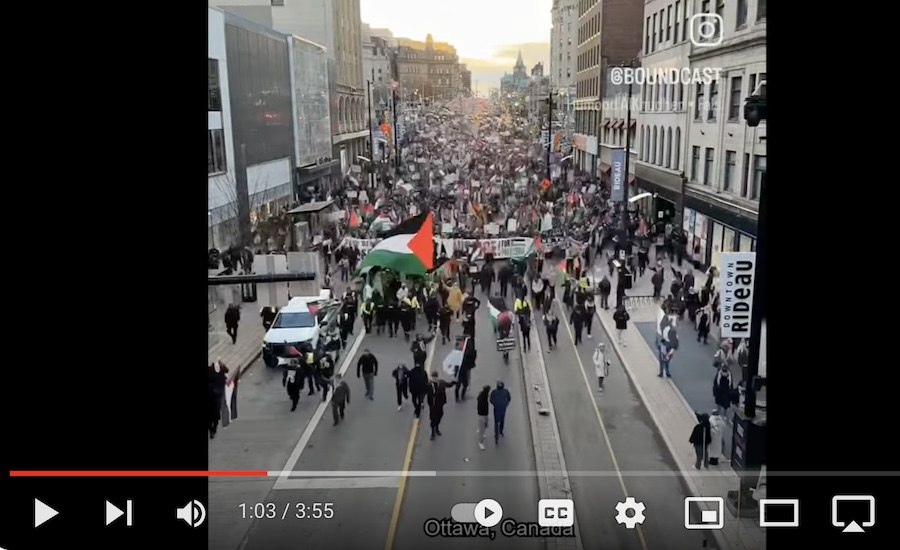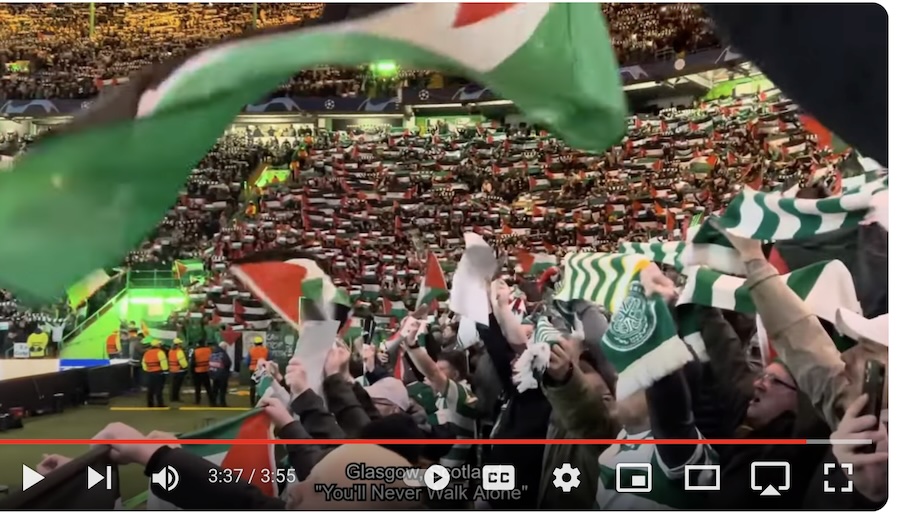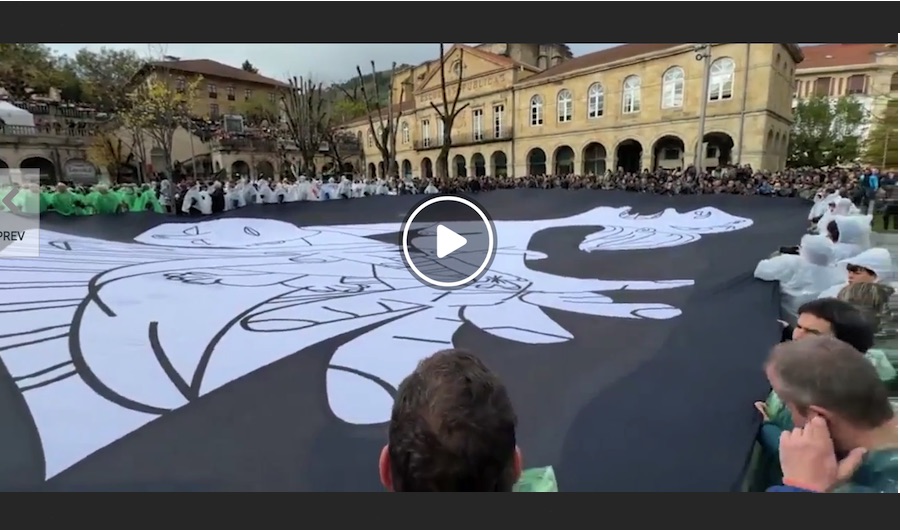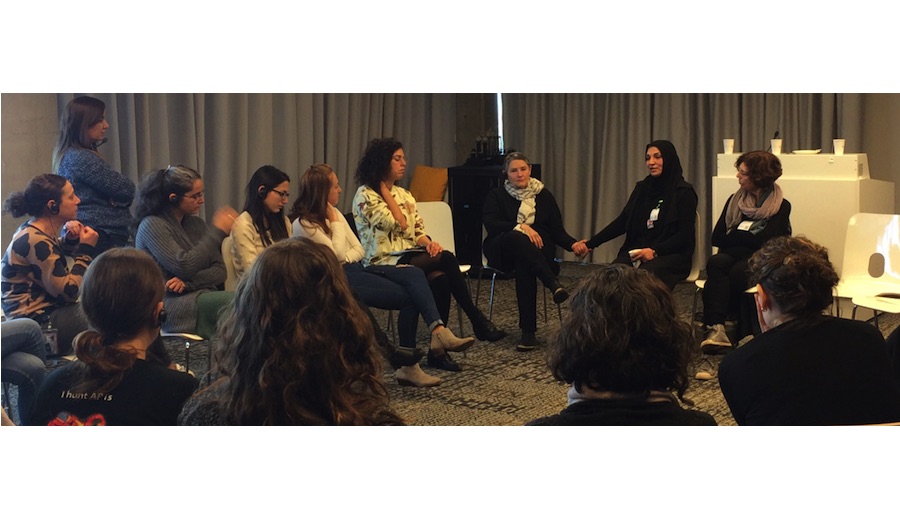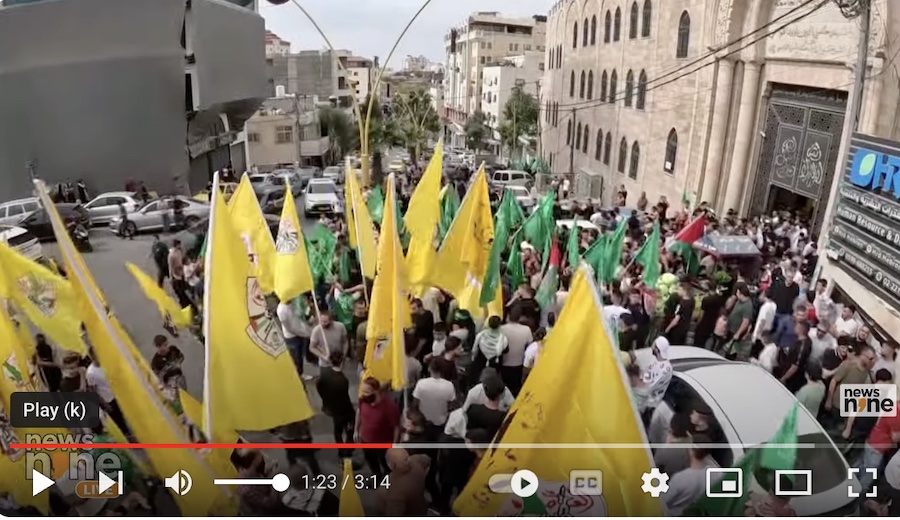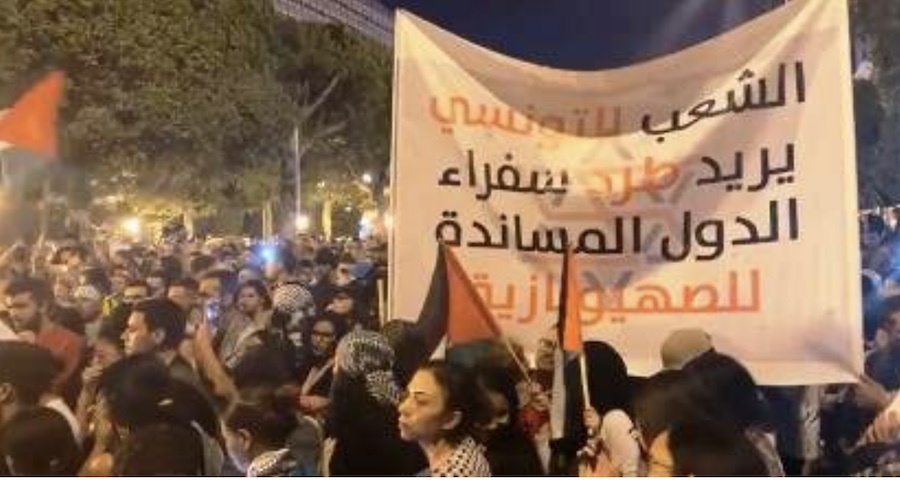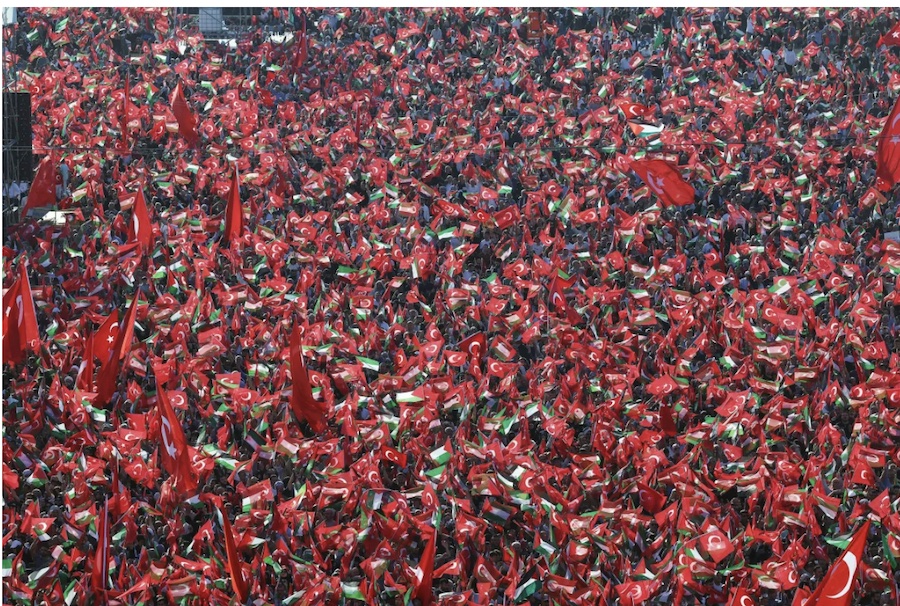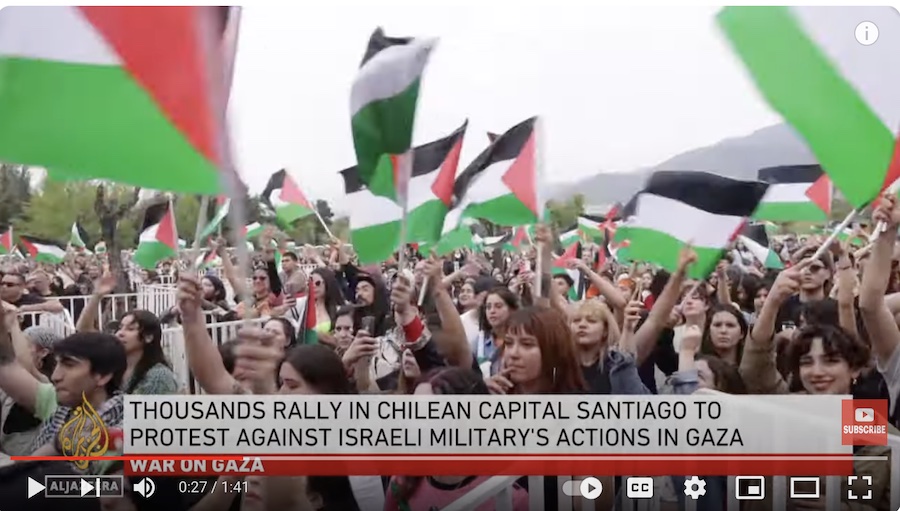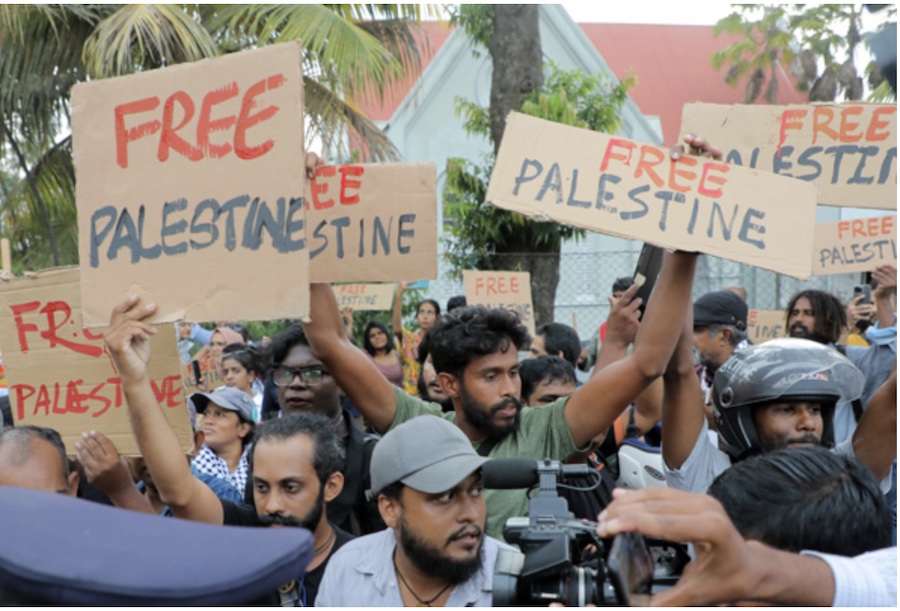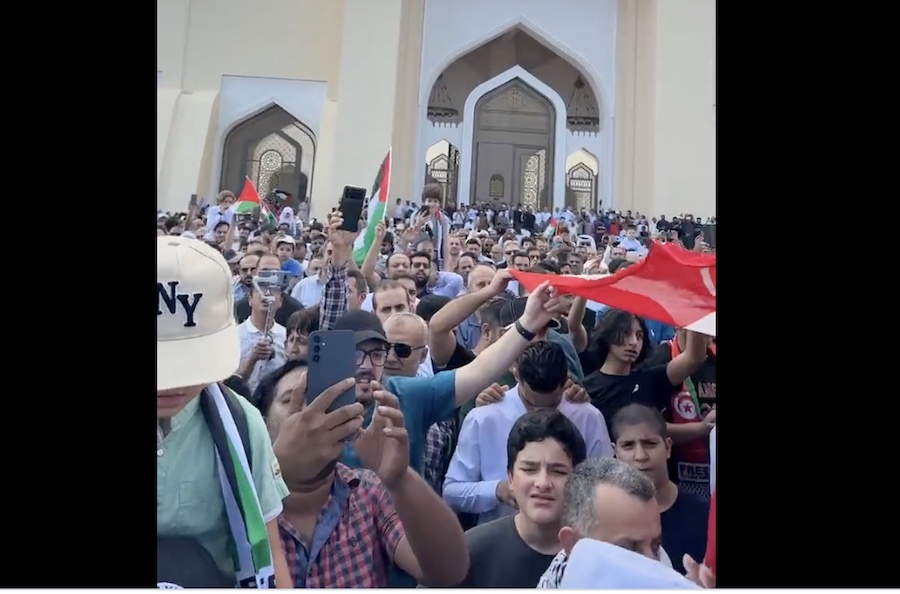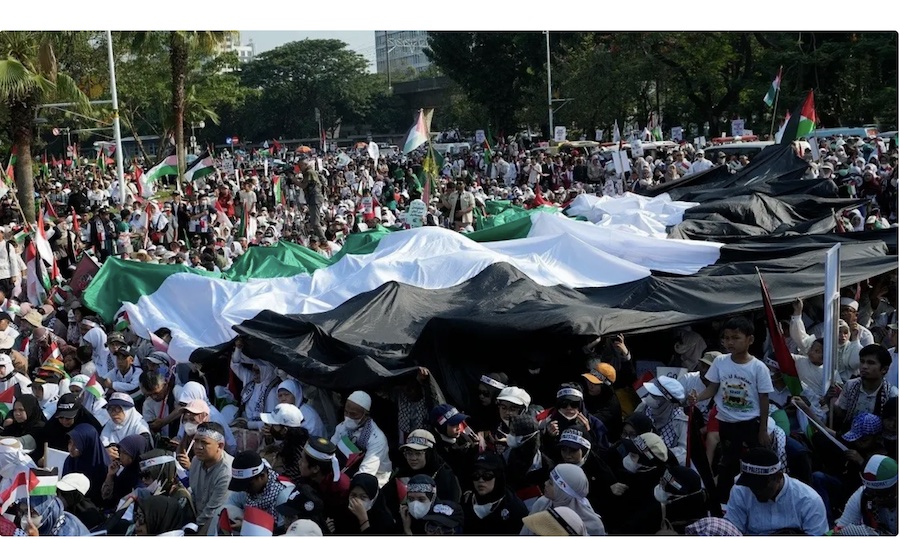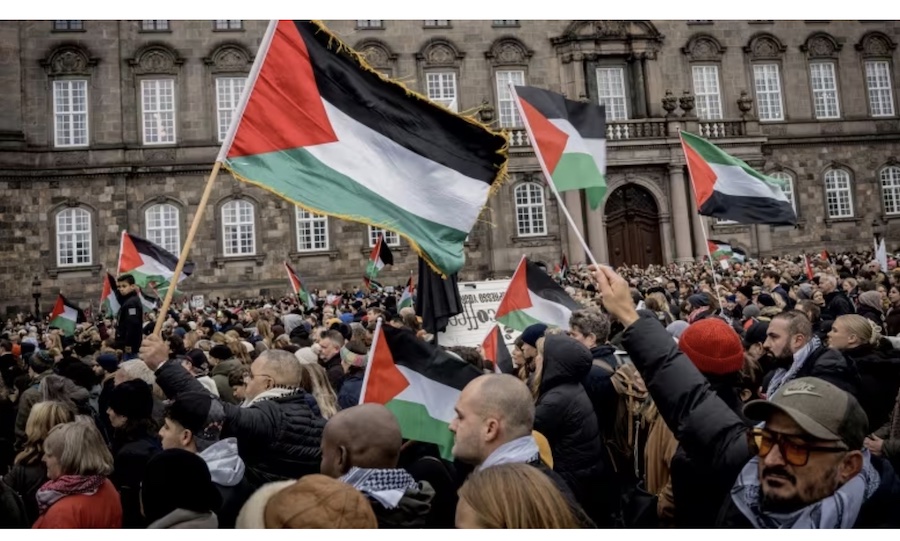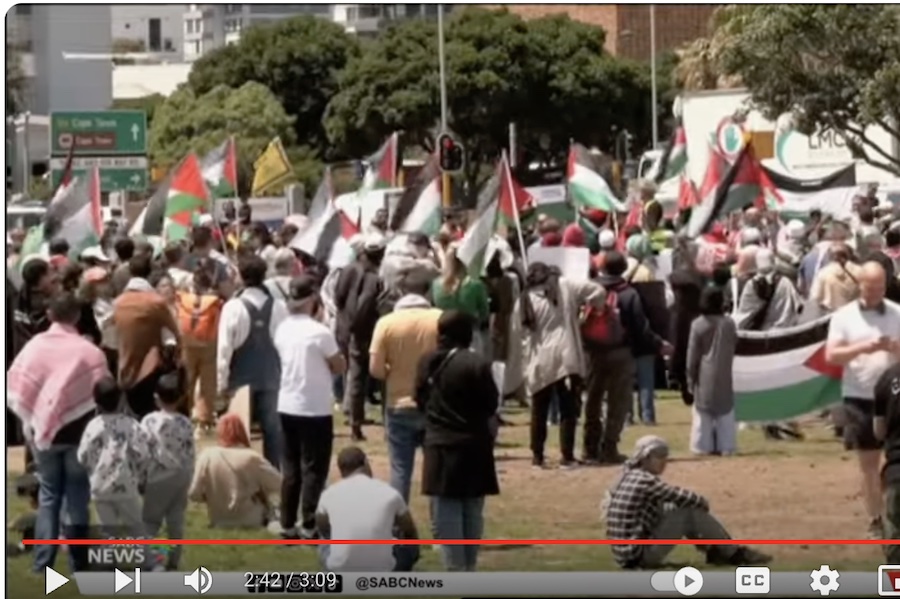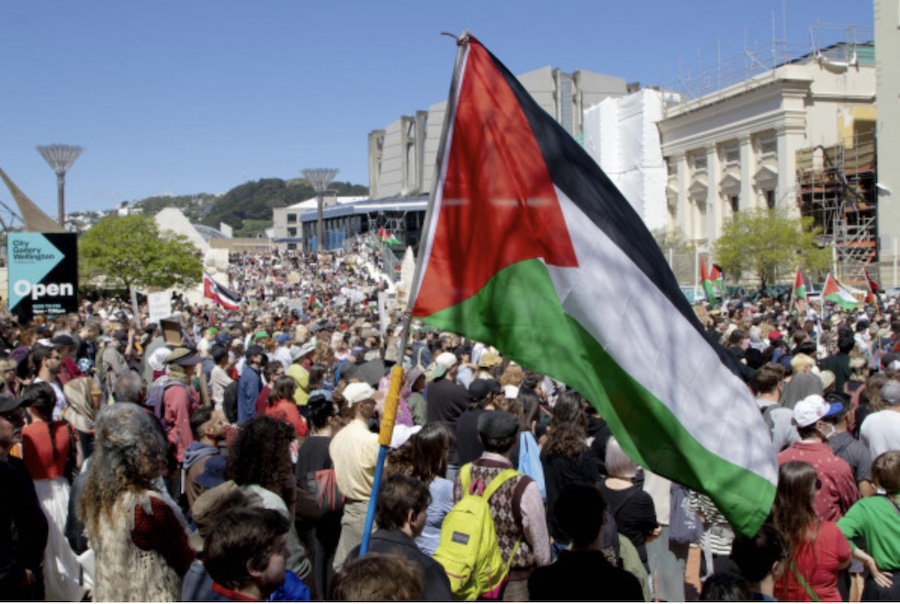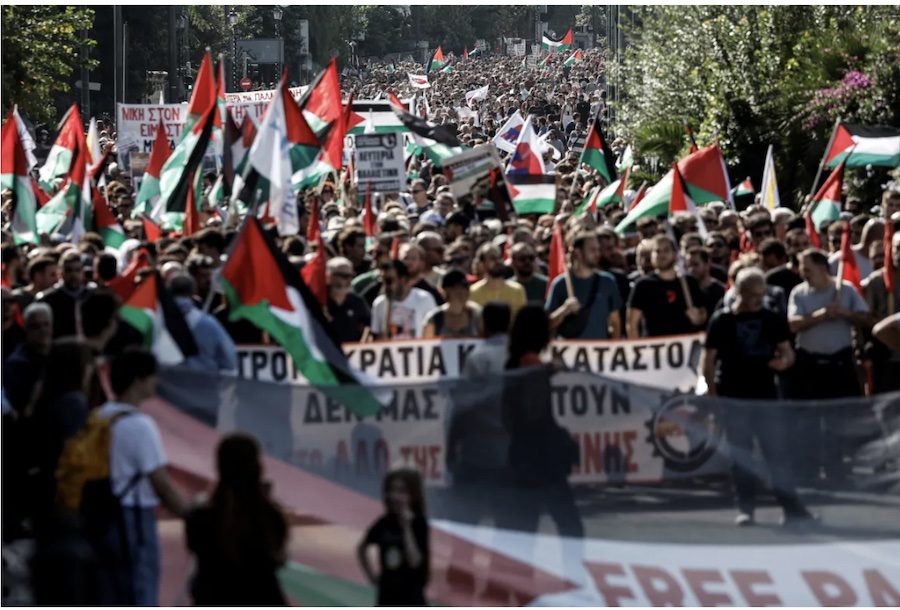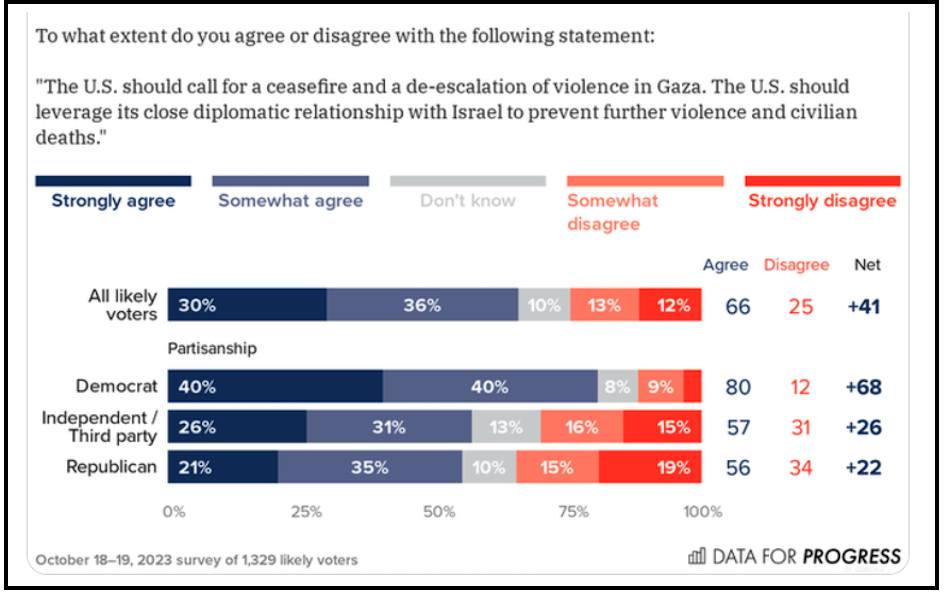. TOLERANCE AND SOLIDARITY . .
A survey by CPNN putting the term “artists for peace in Gaza” in search engines
On a global level, more than 4000 artists came together under the collective Musicians for Palestine, demanding a ceasefire as the war in Israel and Gaza continues. This was published by Euronews on November 23.
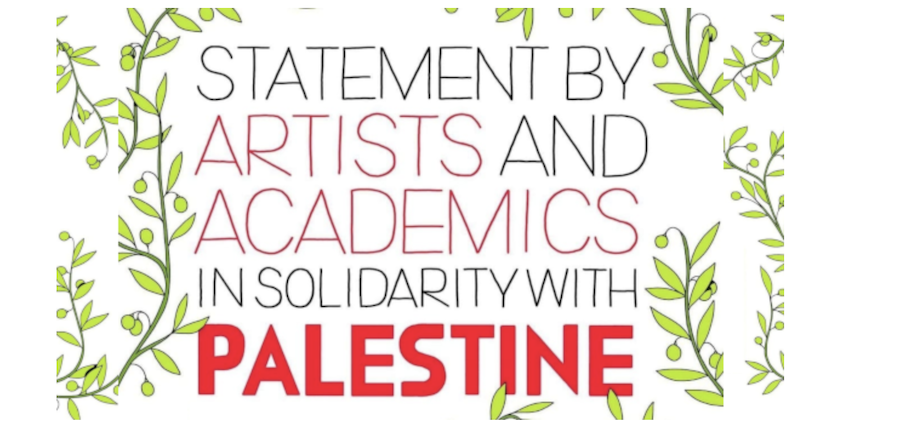
In the United Kingdom, on October 17, Artists for Palestine UK published a declaration “accusing governments of “aiding and abetting” Israel’s “war crimes” in Gaza”, stating that “Palestinians face “collective punishment on an unimaginable scale”, and demanding “Governments should “end their military and political support for Israel’s actions”. It was signed by over 4,300 producers, curators, writers, DJs, architects and designers.
Also in the United Kingdom, DJ Magazine published on November 15 an open letter #MusicForACeasefire signed by over 1000 artists.
In the United States, Artists4Ceasefire sent a letter signed by over 300 artists to President Biden saying “We ask that, as President of the United States, you and the US Congress call for an immediate de-escalation and ceasefire in Gaza and Israel before another life is lost.”
In South Africa, , The Artists’ Collective Project for Peace in Palestine announced on December 1, that “our first event brings together local artists in Cape Town to create a live mural in support of the Palestinian people. The event will be filmed and shared across various social media platforms.”
In France, French artists, including actressers Isabelle Adjani and Emmanuelle Beart, led a silent Paris march of thousands of people on November 19 for peace between Israelis and Palestinians
(continued in right column)
Presenting the Palestinian side of the Middle East, Is it important for a culture of peace?
(continued from left column)
In Qatar, The Souq Waqif Art Centre in Doha – in a powerful expression of solidarity and a call for peace – will host an exhibition featuring around 26 paintings by Doha-based artists. These works focus on the dire conditions faced by Palestinians in Gaza and advocate for a lasting solution to the ongoing conflicts in the region.
In Dubai, United Arab Emirates, Artists for Peace – Shadow Ban This! continues to hold concerts to raise funds for UAE’s Compassion for Gaza campaign. Dozens of performers, including artists, musicians and poets, have taken part in the events.
In Malaysia, more than 700 artists across acting, theater, music, and visual arts have endorsed a memorandum demanding that ASEAN nations halt economic ties with Israel until Gaza is safe and Palestinians are shielded from military attacks. In addition to launching the memorandum, the SEA Artists, Creatives & Cultural Activists for Peace, Stop Genocide in Gaza, read and diffused 31 monologues by Gazan youth.
In India, Odisha-based sand artist Sudarshan Patnaik creates a sculpture titled Solidarity With Humanity, as a symbolic prayer for peace between Israel and palestine.
In Canada, Artists for a Ceasefire Now published a statement on November 1 pledging support for the Palestinian people in the face of over 75 years of Israeli apartheid, settler colonialism, military occupation, and ethnic cleansing. The signature list numbers more than 2,000 artists.
Even in Israel there are artists opposing the war. The website kveller.com lists several Israeli illustrators and cartoonists who have been finding ways to make meaning and communicate their heartbreak about the lives lost, the hostages and the trauma of war.
As for Palestine, CPNN has recently carried the story of a young Palestinian artist who paints murals on the rubble of buildings that have been destroyed, “in order to send a strong message that we will remain on our land and never leave it.”
The biographies of Palestinian and Israeli writers and artists who have been killed or wounded in the Gaza conflict are published on an updated web page of PEN America
– – – – – –
If you wish to make a comment on this article, you may write to coordinator@cpnn-world.org with the title “Comment on (name of article)” and we will put your comment on line. Because of the flood of spam, we have discontinued the direct application of comments.
